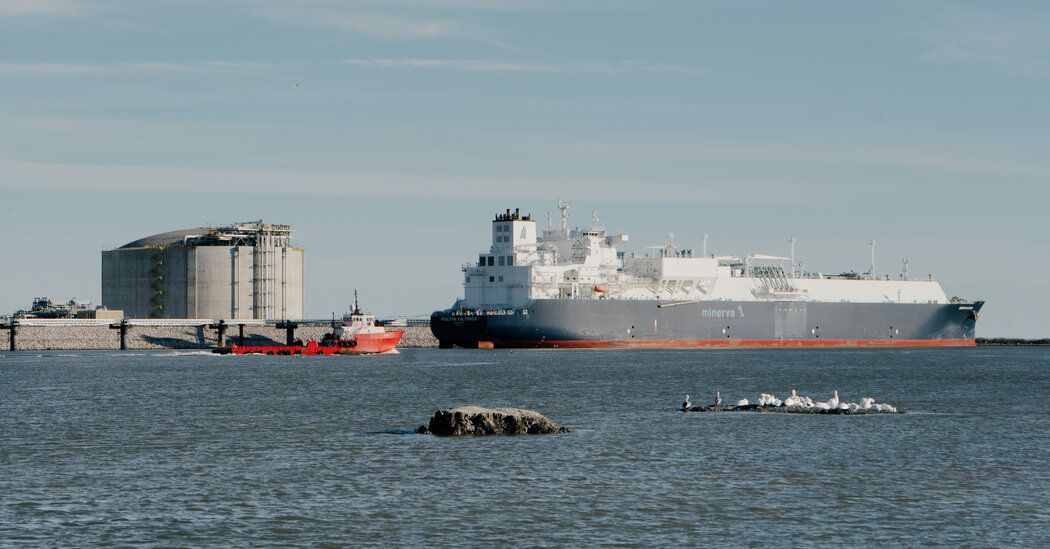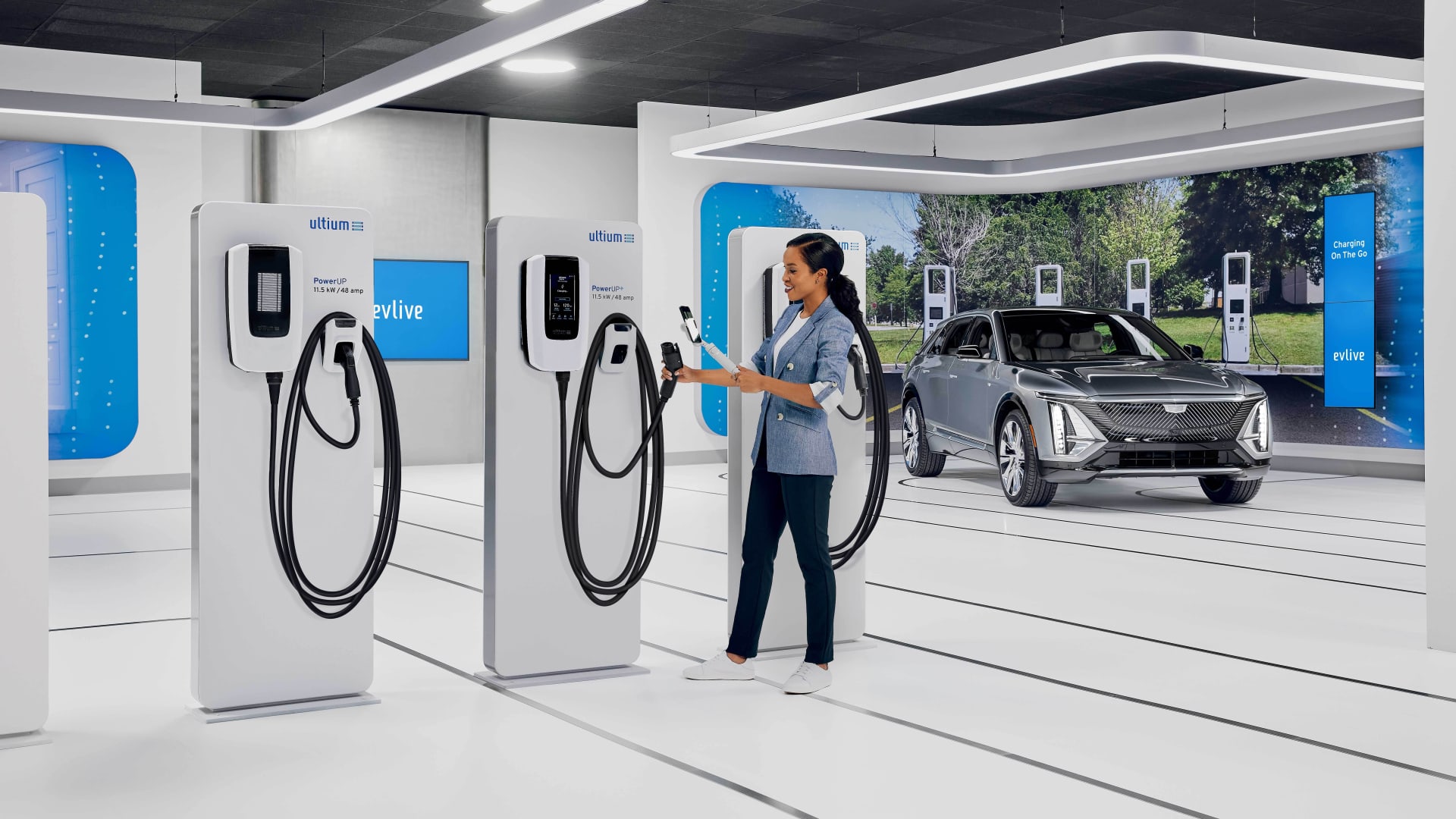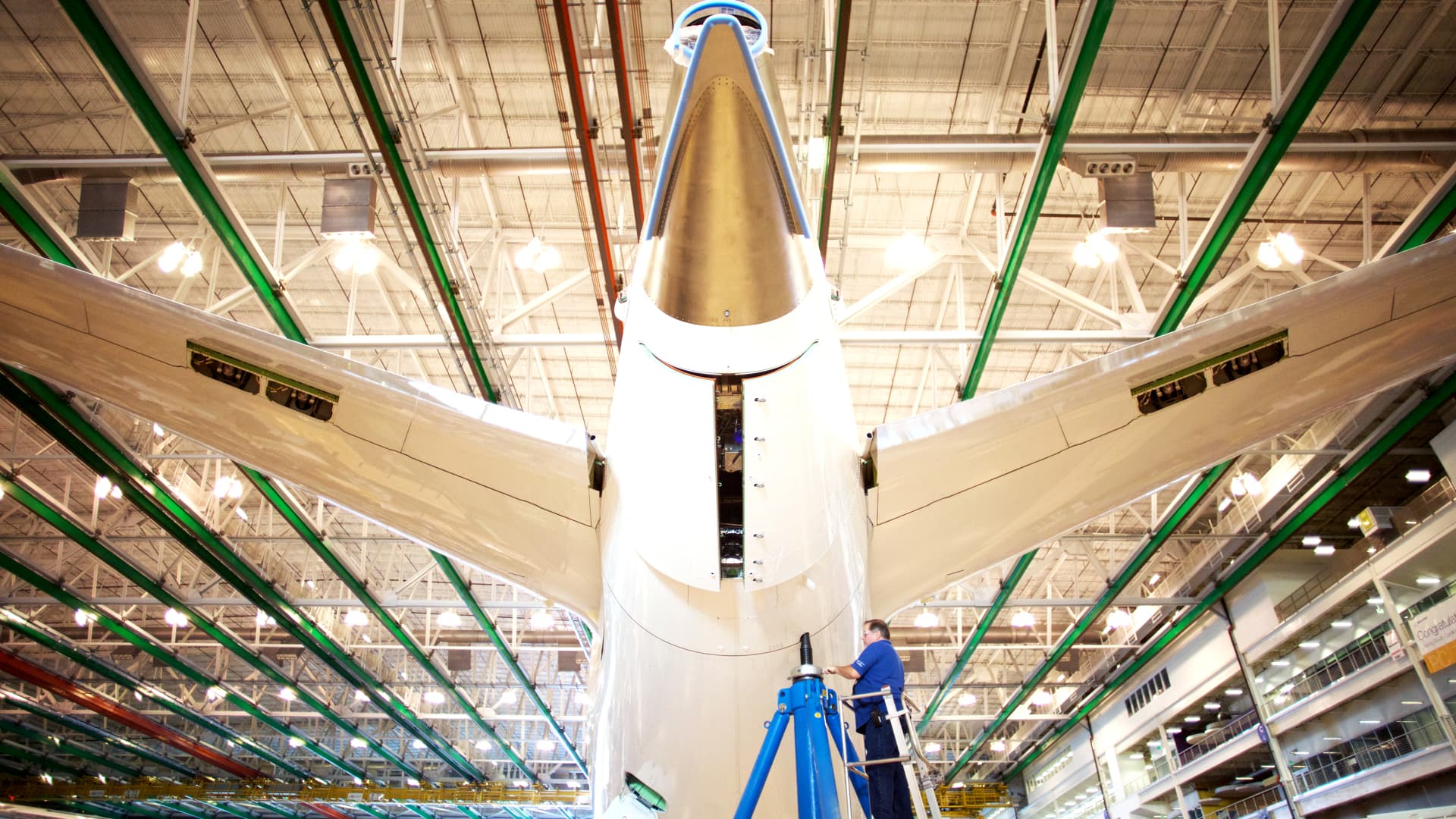To be clear, by taking this action, the Biden administration appears unlikely to jeopardize supplies to customers outside the United States this year or in the near term. The decision does not apply to current exports and analysts say it will not stop a bevy of new LNG projects that have already been approved and are under construction. This is likely to substantially boost the United States' ability to export gas in the coming years.
The administration says it wants time to determine whether additional LNG projects, which are still on the drawing board, would be in the public interest. Such analysis would include weighing the greenhouse gas emissions that future projects would produce, as well as their impact on the economy and national security. In a statement, President Biden said the pause in approvals “sees the climate crisis for what it is: the existential threat of our time.”
The Biden administration appears to be trying to reassure countries that have come to rely on American natural gas. This pause “will not impact our ability to supply our allies in Europe, Asia, or other recipients of already authorized U.S. exports,” the Energy Department said in a statement Friday.
Analysts say what may unsettle allies, especially in Europe, is the message that they may no longer be able to rely so firmly on supplies from the United States in the coming years. “What this really highlights for Europe is that they are running out of options,” said Henning Gloystein, director of energy and climate change at Eurasia Group, a political risk firm.
While Russia currently supplies liquefied natural gas to Europe, European leaders want to reduce those flows. It seems doubtful that the eastern Mediterranean will be a major source in the future due to the conflict between Israel and Hamas. Aside from the United States, the other likely major producer of additional liquefied natural gas is Qatar, a small Middle Eastern emirate.
Gloystein said U.S. LNG was particularly attractive to European buyers because shipping distances from North America are relatively short and the terms offered by U.S. suppliers are much more flexible than those from most other sources. For example, they typically allow a buyer to easily resell gas, while other gas powers like Qatar often impose restrictions. “America is the one that matters,” he said.
Ana Swanson and Melissa Eddy contributed with reports.










